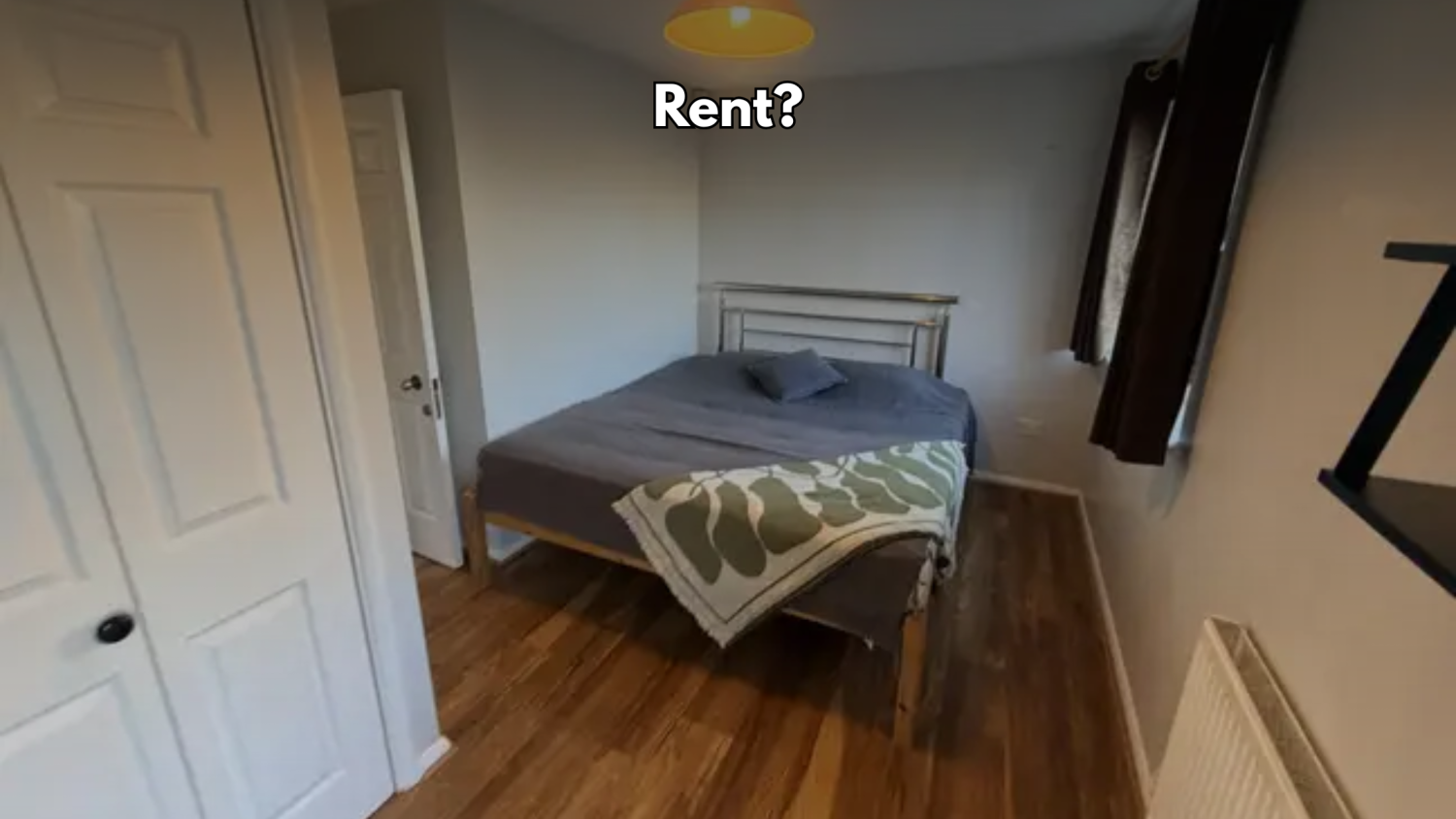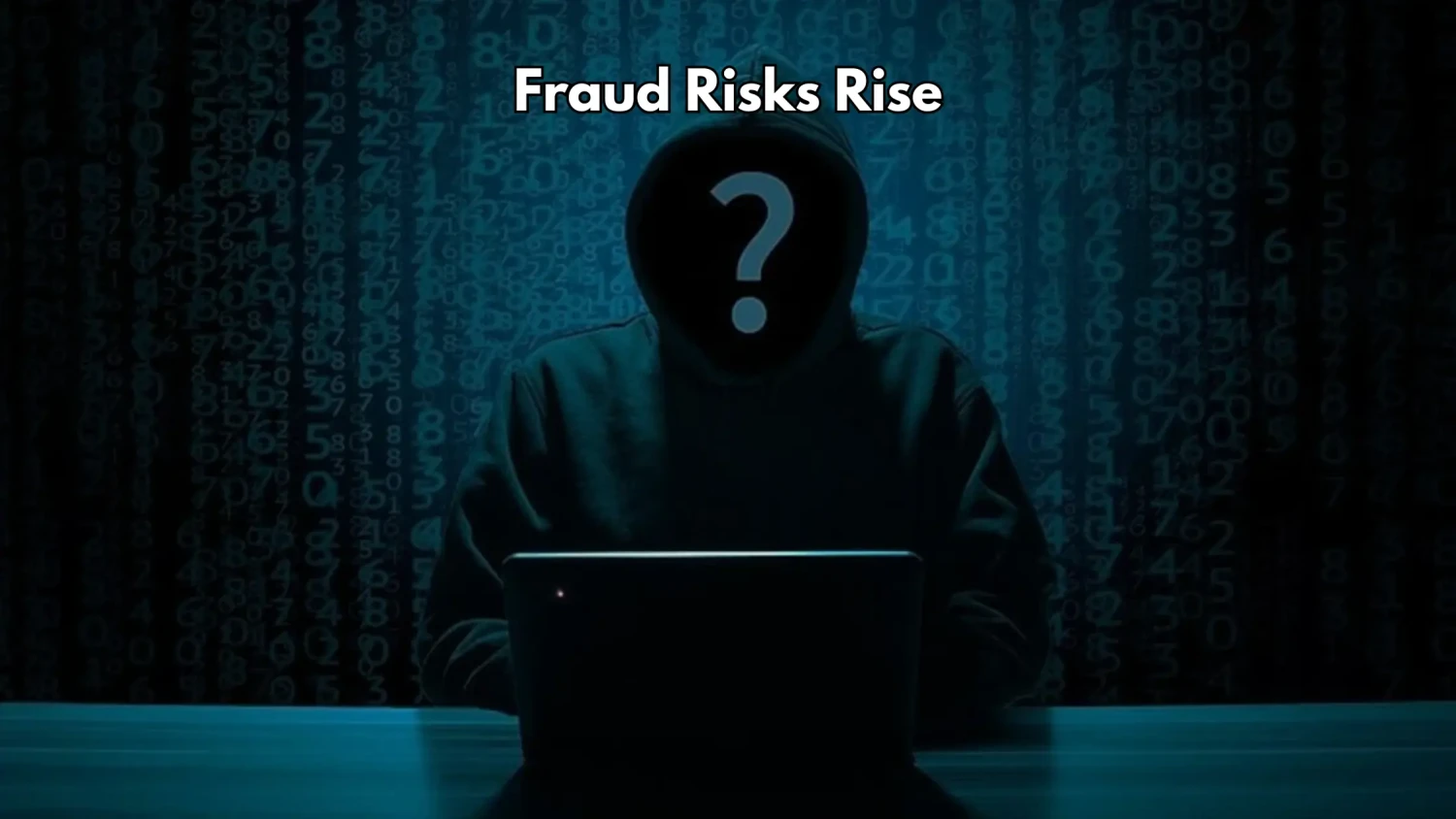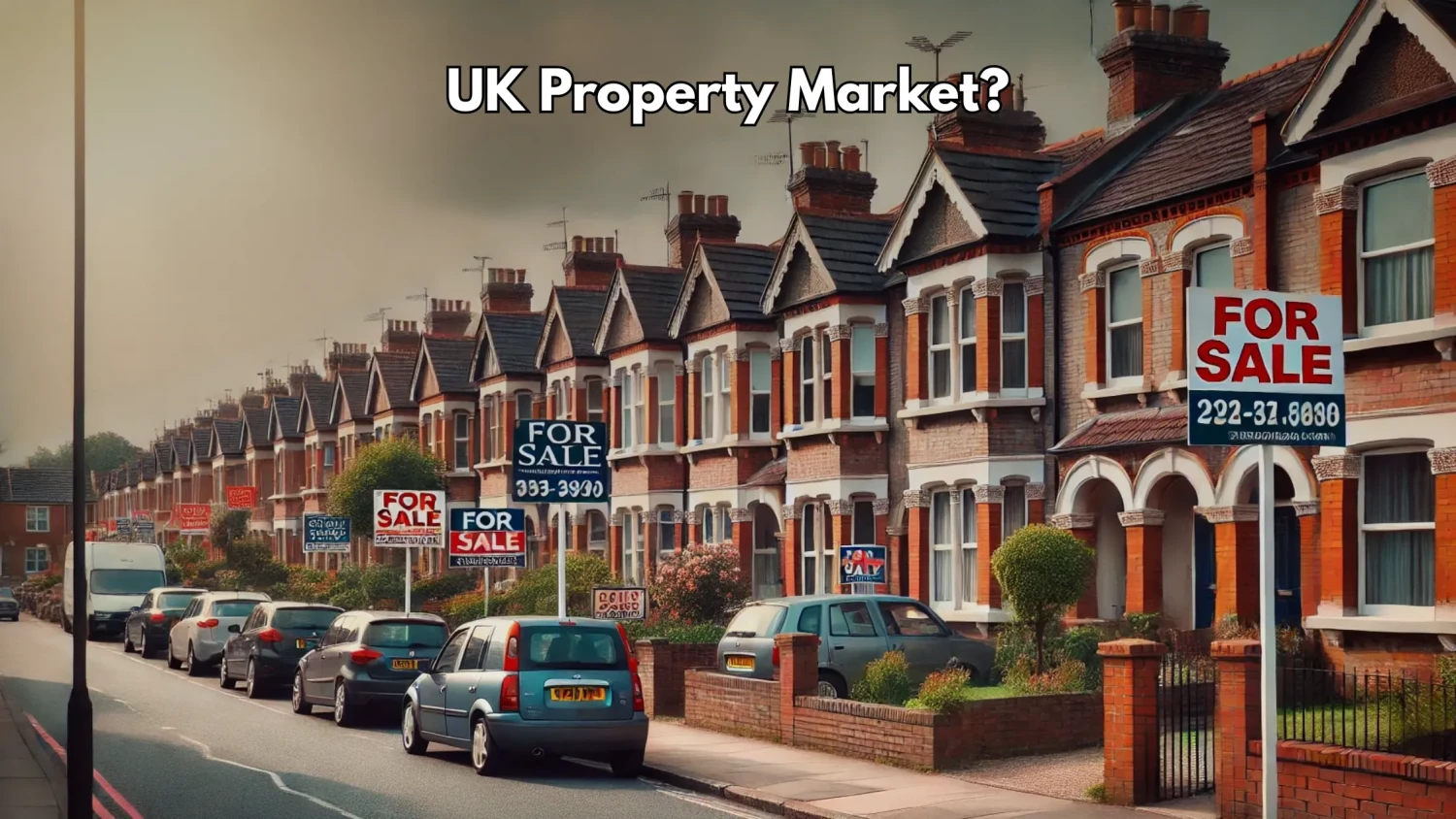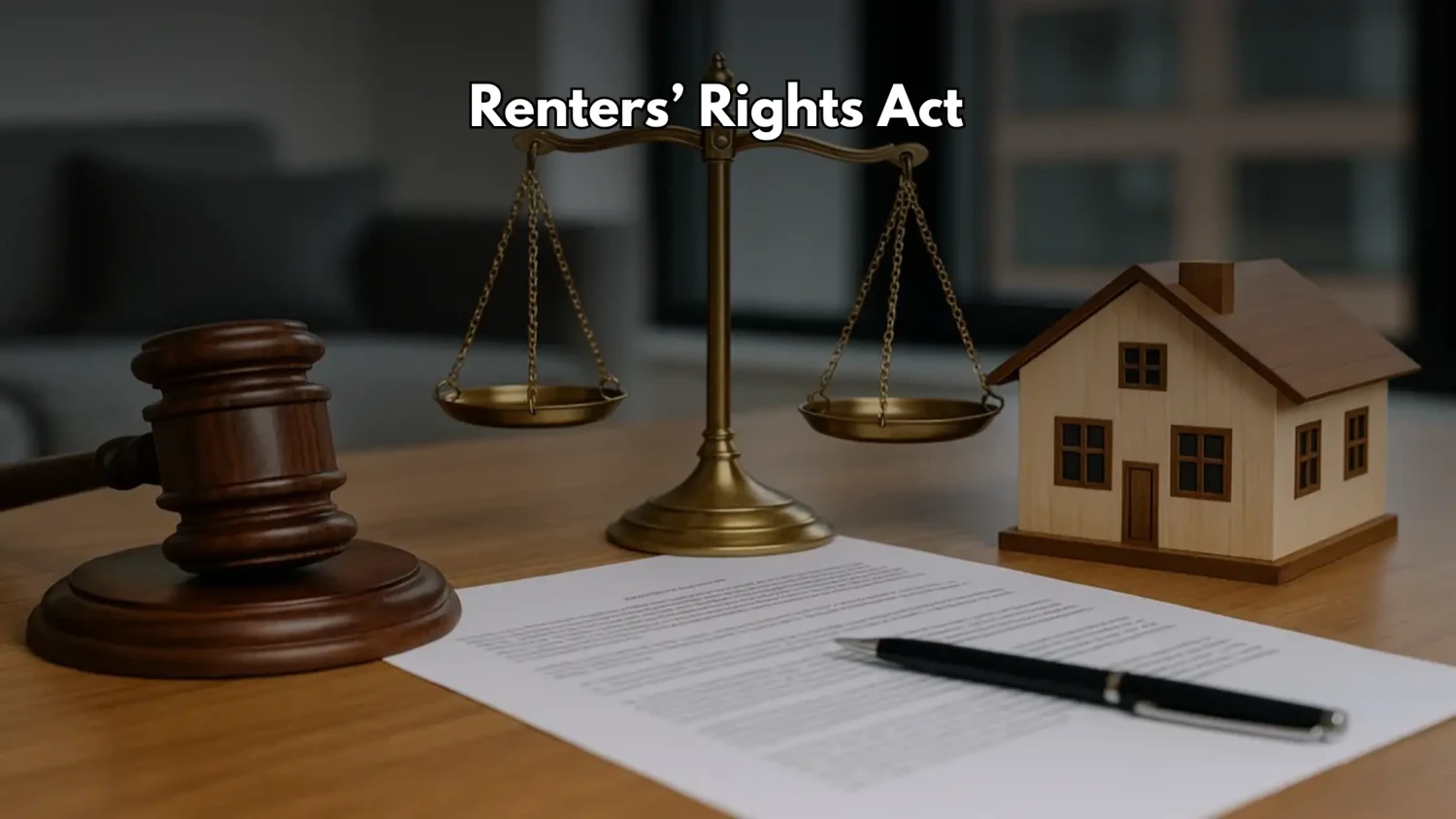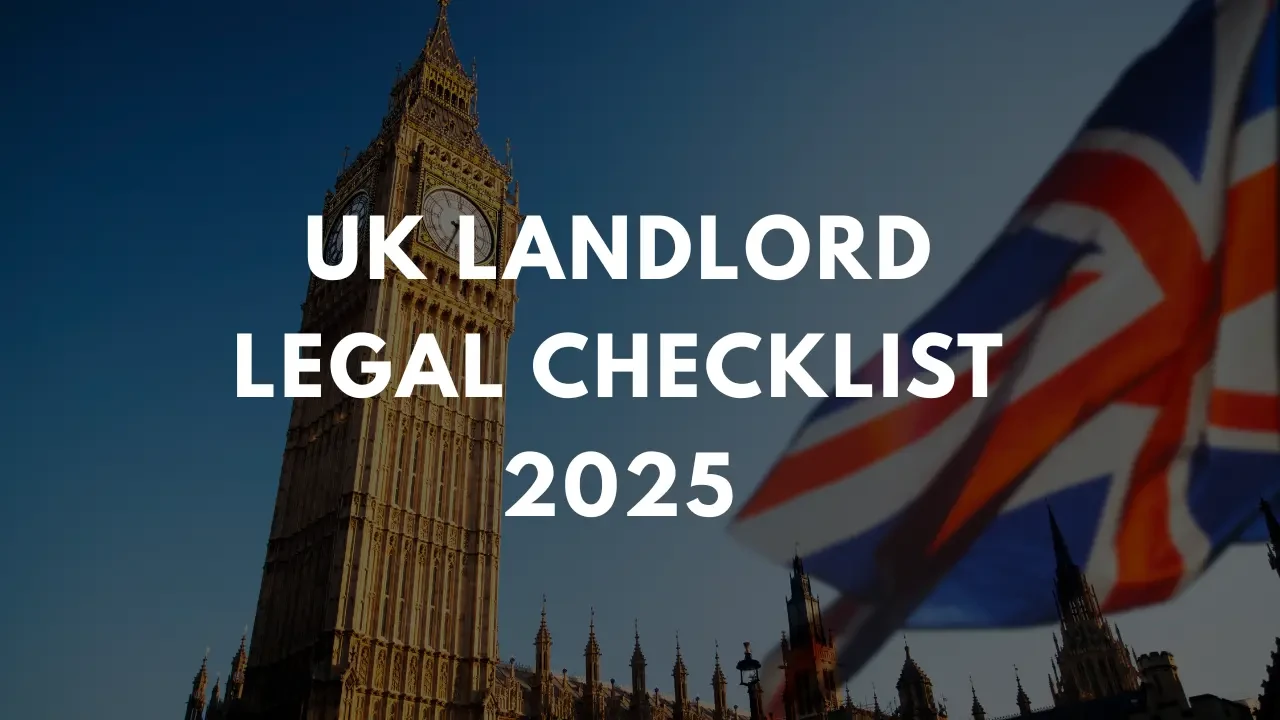
Hello, landlords! The legalities of renting property in the UK can get tricky and new ones will come into force in 2025. It is always important to stay on top of your obligations as a landlord. This checklist has everything you need to keep track of so that you don't make any costly mistakes, or at the very least, do everything within your power to see to it that your property is legally compliant, is safe, and appropriately managed for your tenants.
If you do not follow your legal obligations this can lead to big financial penalties, voiding of your eviction notice (which is important to get tenants out), & risk to your tenants, as well as your investment (property). The checklist covers everything that you will have to legally cover (unfortunately) in the UK, and the key areas differ between England, Wales, Scotland and Northern Ireland.
General UK-Wide Compliance
These are the very minimum requirements applicable to landlords in most areas in the UK, if not all areas!
Safety certificates
The safety of your property is paramount. You are required to get and provide copies of essential safety certificates to tenants.
Gas Safety Certificate: All gas appliances and flues must be inspected annually by an engineer registered with Gas Safe. The certificate should be given to the tenant either immediately or within 28 days of completion of the check. If the tenant is a new one, the certificate must be provided to him or her before they take possession of the property.
Energy Performance Certificate (EPC): You must have an EPC before you market your property and it must be a valid EPC with at least a minimum rating of Band E. You should show a copy of the EPC that you will provide to inquiring tenants, and you should give them a copy of the EPC before they start a tenancy. Because an EPC is valid only for 10 years.
Electrical safety: It should be ensured that all fixed installations are inspected by a suitably qualified electrician at least once every five years, which shall include wiring, fuse boxes, and socket outlets. Landlords have to hand over an Electrical Installation Condition Report (EICR) to tenants, and landlords should also ensure that any supplied electrical appliances undergo regular checks. Testing of electrical appliances is not uniform.
Deposit Protection
If you take a security deposit from a tenant, you must protect it in a government-authorized scheme within 30 days of receiving it. You must also provide the tenant with any "Prescribed Information" about the deposit protection scheme. Failing to do so can lead to penalties, as well as being unable to issue a valid eviction notice.
Tenancy Agreements and Inventories
A written tenancy agreement (e.g. assured shorthold tenancy AST in England and Wales) is an important document. It should specify the terms of the tenancy, including when the rent is paid, how much it is, and what repairs and changes the tenant can make to the property. An inventory is separate from the tenancy agreement and is a key document. At the beginning and end of the tenancy, a property condition report with an inventory helps protect you and the tenant. It’s better to have pictures of the state of the property at the beginning and at the end.
Key Regional Variations
Many rules are similar between the UK regions but landlord obligations can vary more widely when comparing a rental in England or Wales with a rented property in Scotland or Northern Ireland.
England and Wales
Right to Rent Checks: Right to Rent checks must be performed by all landlords in England and Wales against adult tenants prior to the commencement of any tenancy. Such a check involves a landlord verifying the identity and immigration status of the persons.
The "How to Rent" Guide: The landlord has to provide the tenant with a current copy of the official "How to Rent" guide at the start of a new tenancy. Failure by a landlord to supply a current edition of this guide within the prescribed time renders a Section 21 eviction notice unsupportable and unenforceable.
Landlord Licensing: Boroughs of London have licensing schemes for HMO and Selective Licensing. The landlord should check with the local council to find out whether a license applies to their property.
Scotland
The Landlords Registration: The registering of a landlord occurs at a local level, so one must register locally with the council in Scotland. Crowns are renewed every three years and if one fails to do so, it is considered unlawful.
Information Pack for Tenants: Instead of the "How to Rent" booklet, Scottish landlords must furnish the Tenant with the Tenant Information Pack, which includes matters of interest and legal rights.
Right to Rent: While carrying out Right to Rent checks in England is a duty of the landlord, the Scottish landlords do not have such a duty.
Standards of Property: These include the Repairing Standard and Tolerable Standard. Meaning, landlords should keep the thing in mind that the property is kept in good repair, free from dampness, and has a satisfactory gas, electric, and sanitation system.
Northern Ireland
Fitness Certificate: You may have to get a fitness certificate from your local environmental health department if your property was built before 1945. You have to apply for any required fitness certificate within 28 days of the start of a new tenancy.
Fire Safety: Smoke alarms, heat alarms and carbon monoxide alarms have to be installed in all private rented accommodation from September and December 2024.
Electrical Safety: EICR inspections will be mandatory for all new private tenancies by April 2025, and for all existing tenancies by December 2025. The EICR will have to be renewed on the basis of five years between inspections.
Foreseeing the Future
Regulation is one that is ever-fluctuating. For instance, restrictions recently enforced give a hard deadline for landlords in England and Wales to carry out Anti-Money Laundering checks by May 2025 and may have the changes that may restrict issuing Section 21 eviction notices. Keeping good records and being up-to-date with new legislation whilst also regularly checking on these matters should ensure that you have a safe and compliant property to manage, with a tenant relationship that is positive and respectable.
